"The Holocaust refuses to become history", said Professor Yisrael Gutman, Holocaust survivor and one of the foremost historians and founders of the Holocaust Studies department at the Hebrew University of Jerusalem.
The ramifications of the Holocaust influence multiple disciplines and schools of thought, shaping memory in a myriad of ways, which continue to evolve.
"Holocaust Martyrs' and Heroes' Remembrance Day", which falls each year on the Hebrew calendar date of 27th of Nissan, is the day when all in the State of Israel and many around the world unite in the memory of the six million Jews who were murdered at the hands of the Nazis and their collaborators during the Holocaust. To mark both this day, as well as International Holocaust Memorial Day, January 27th, Yad Vashem has implemented Holocaust memorial poster design competitions.
These thought-provoking posters create discourse about the purpose of memory, the challenges of the current generations, in both the Jewish world and the world over.
Preparation:
Choose a selection of posters to print. Display the posters in different parts of the classroom. Ask students to go over to a poster that resonates with them.
Group discussion
Have each group of students who chose that particular poster discuss the following questions:
- What message is the artist trying to convey?
- What are the challenges of memory and commemoration that are introduced in this poster?
- What, in your opinion, should be the main objectives of Holocaust commemoration and remembrance?
Class discussion
At the opening of the new Holocaust History Museum at Yad Vashem in March 2005, Nobel Prize laureate Elie Wiesel said the following in his address:
And so we find ourselves walking into the new museum. What are we supposed to do? Cry? No. We do not try to tell the story so as to cause people to cry [...] if we have decided to tell the story it's because we want the world to be a better place. [...] In the stories by Kafka there is one thing scarier [than a messenger who cannot deliver his message] - and that is the messenger who indeed delivered the message but to his dismay nothing changed. The messenger has delivered his message. And what is our job? We must be messengers of the messengers.
Leah Goldstein, "The dedication of the new museum at Yad Vashem", Yad Vashem in Jerusalem 37 (Spring 5765), page 5
Facilitate a class discussion on the following questions:
- What are the challenges and objectives of Holocaust remembrance?
- Why is it important to remember the Holocaust?
- What can we do to keep the memory of the Holocaust alive?
Creative activity
Ask the students to think about the message they would like to pass on about the Holocaust. Ask them to create a poster that reflects their message.
Please note that some of the posters have additional descriptions, which can be seen if you click on the image.




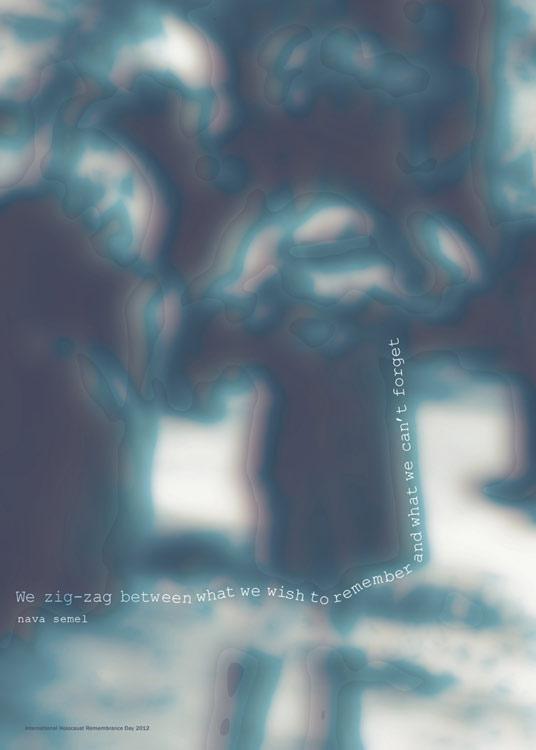
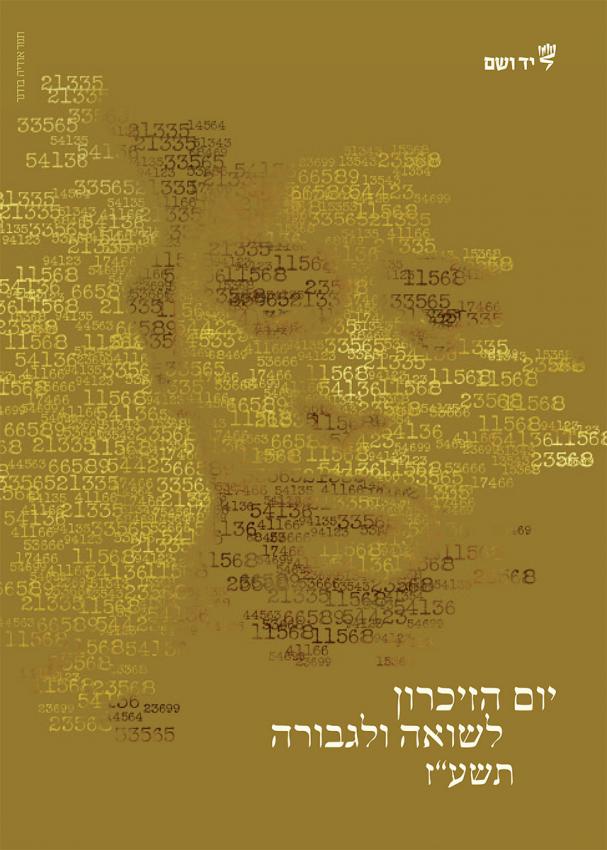
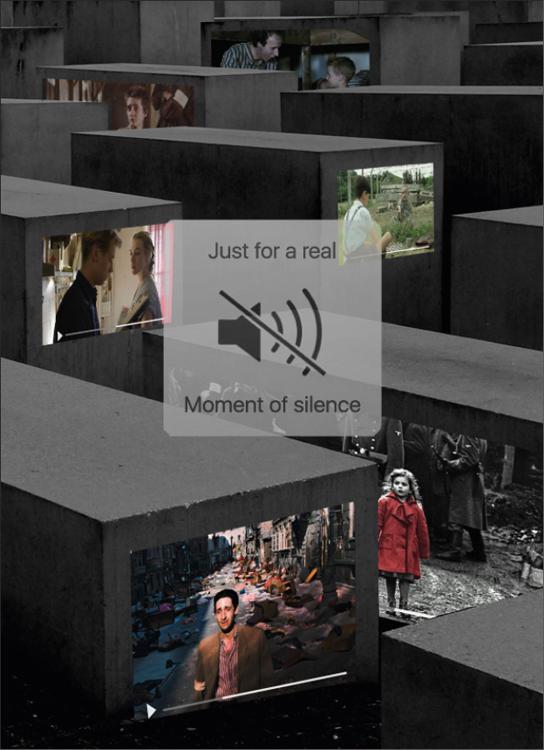
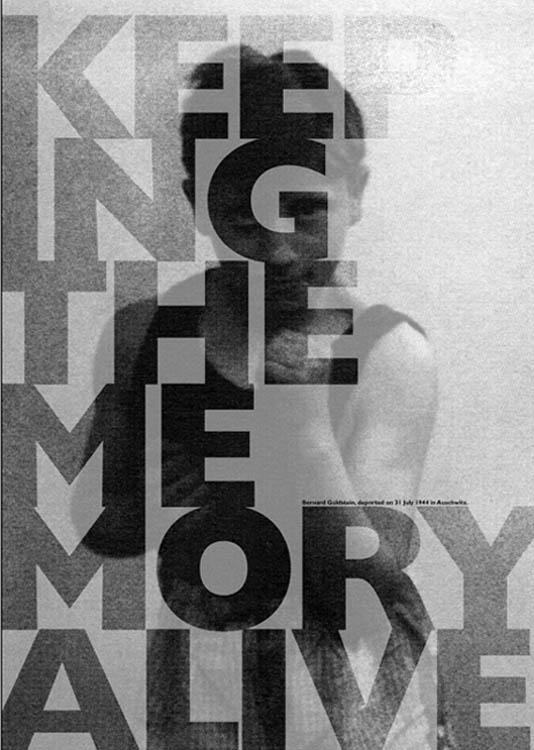
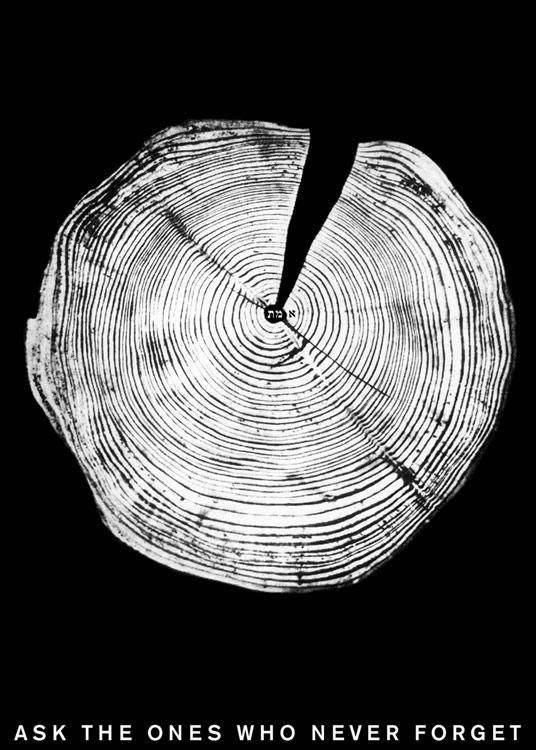
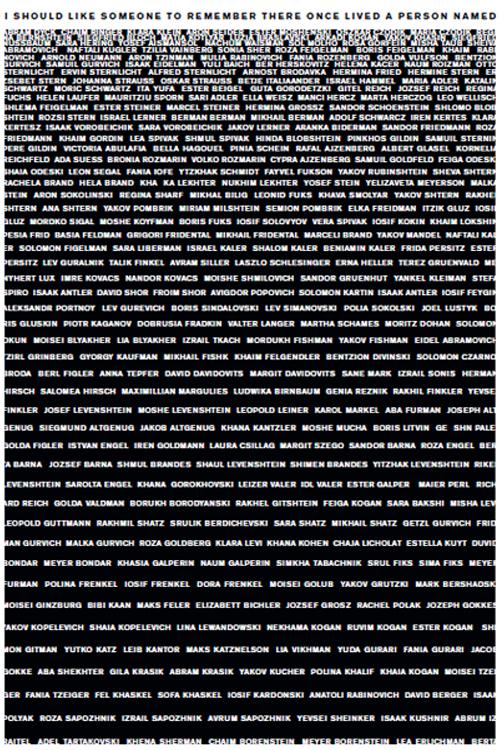
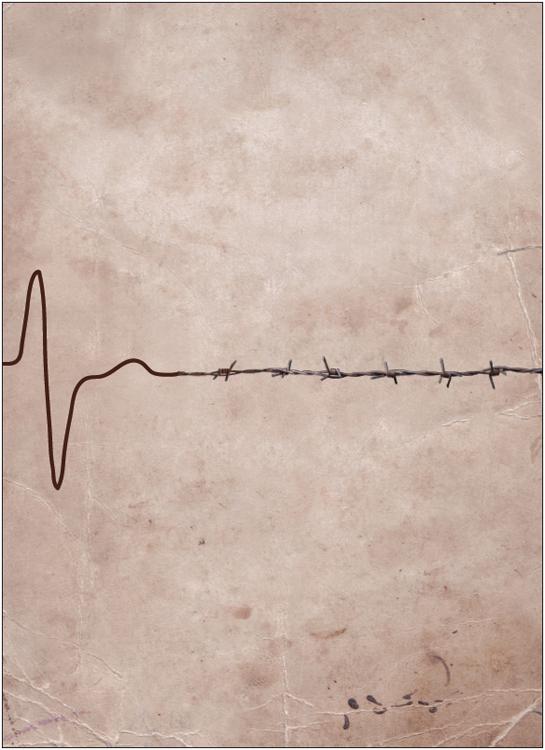
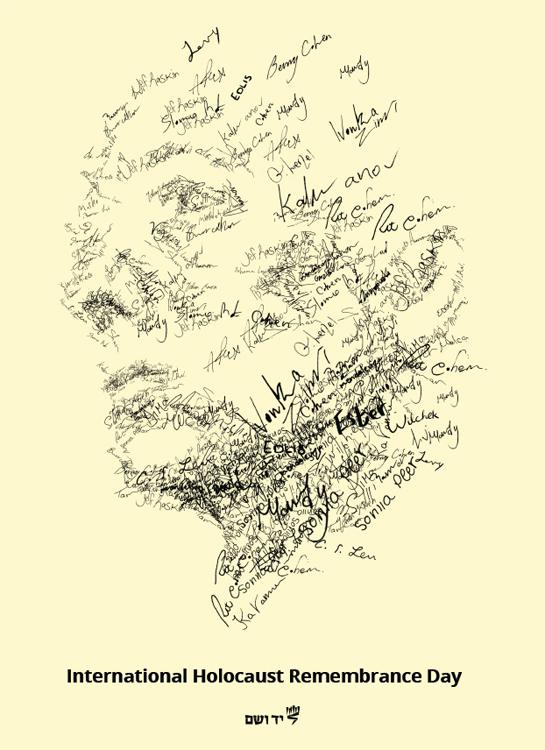
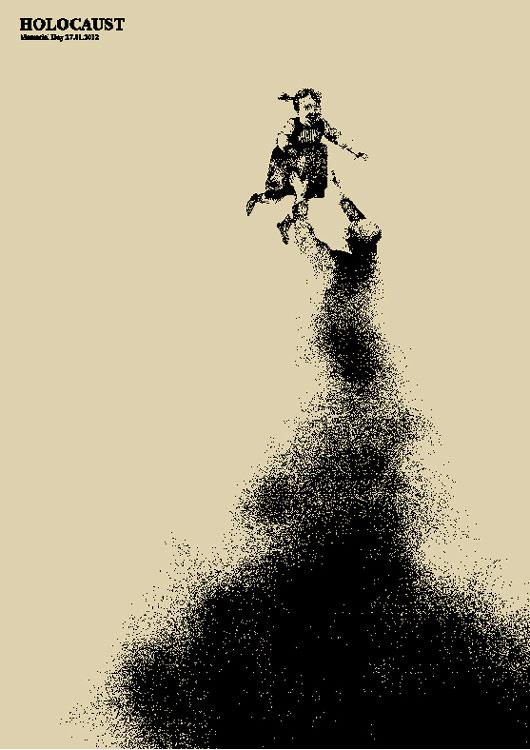
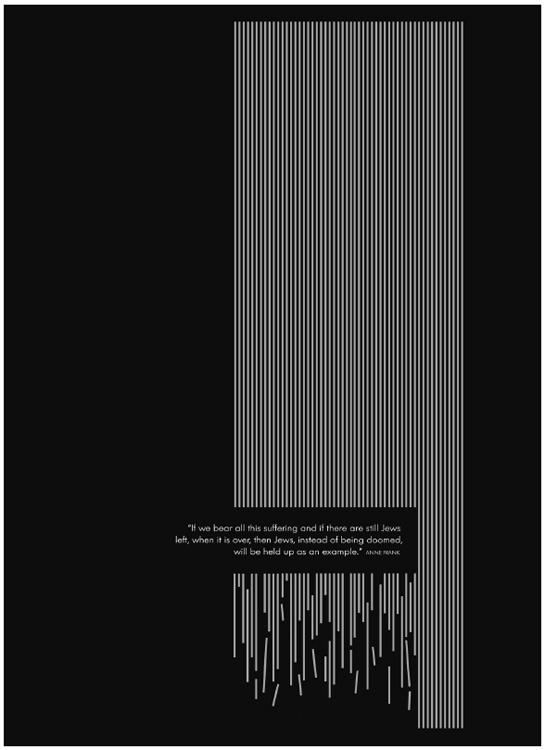
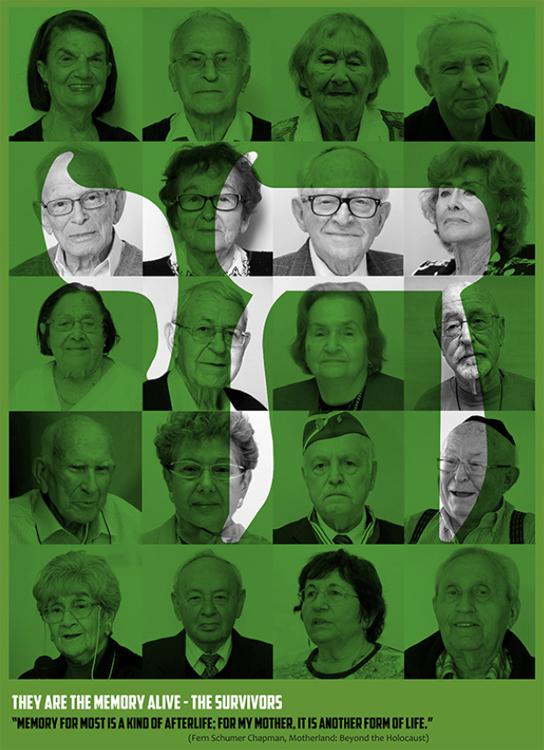
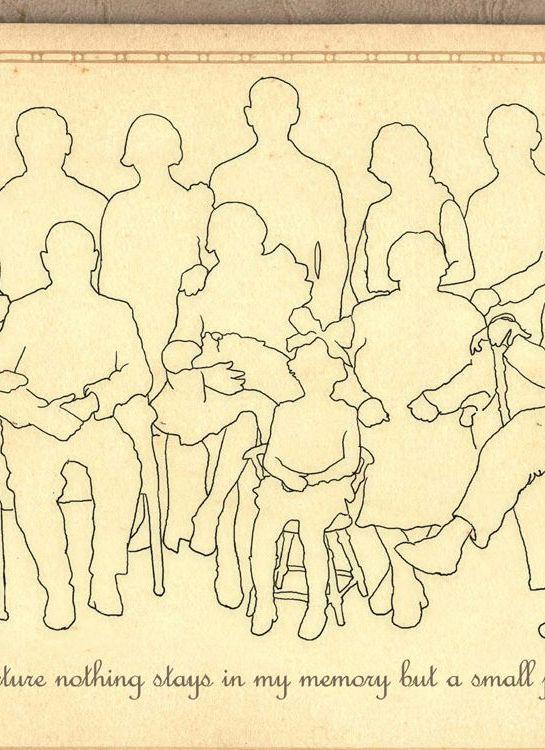
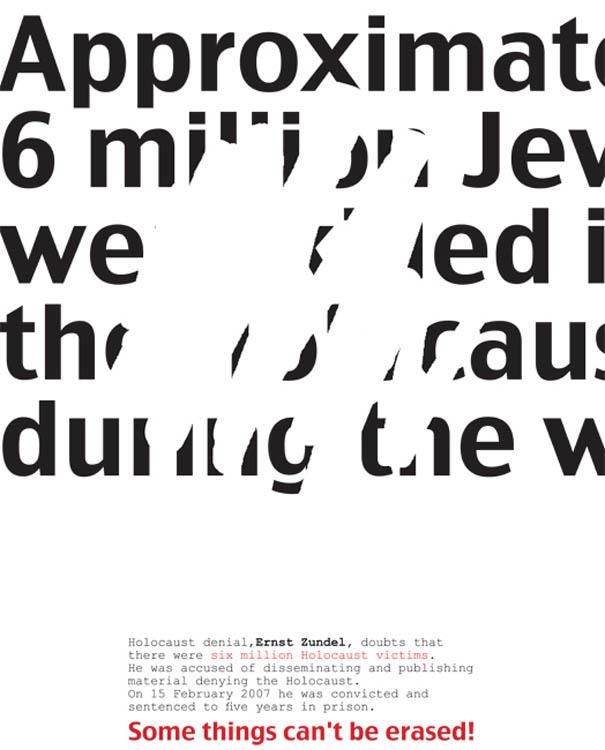
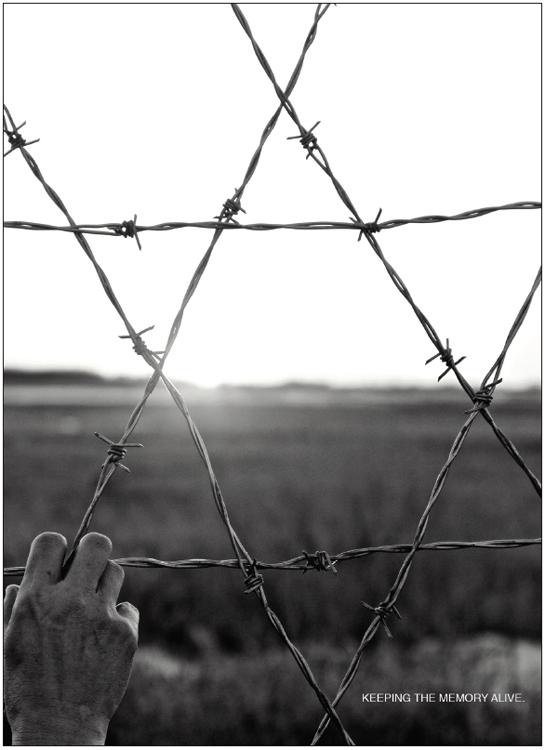
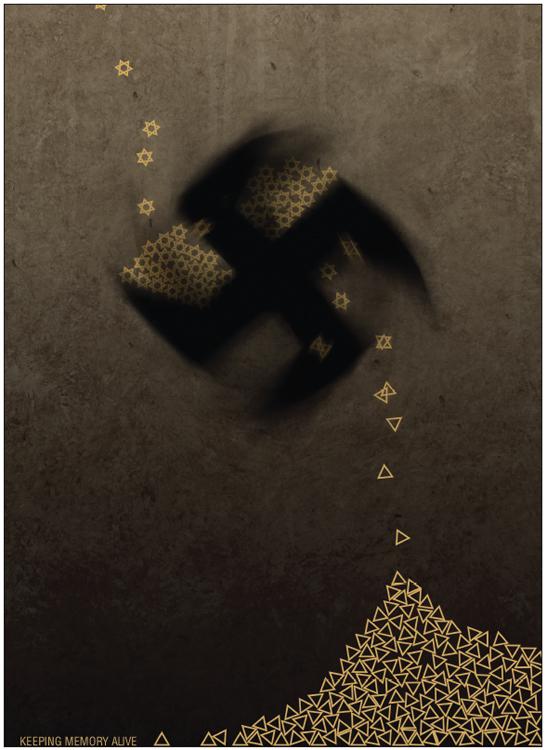
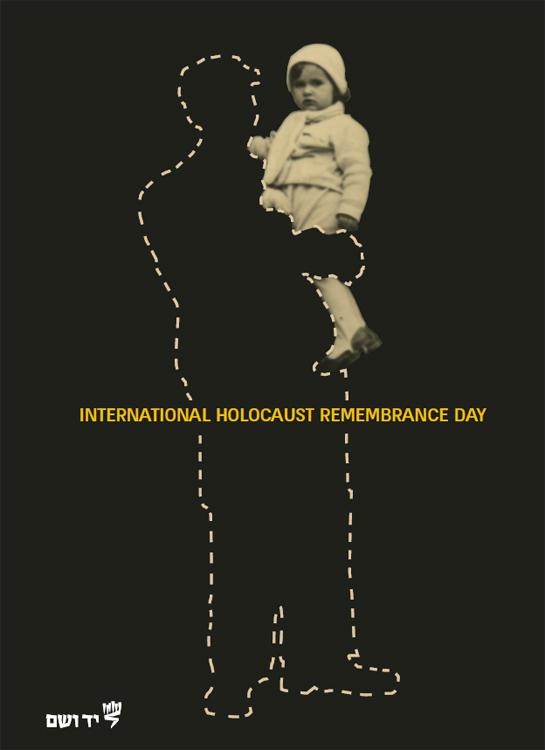
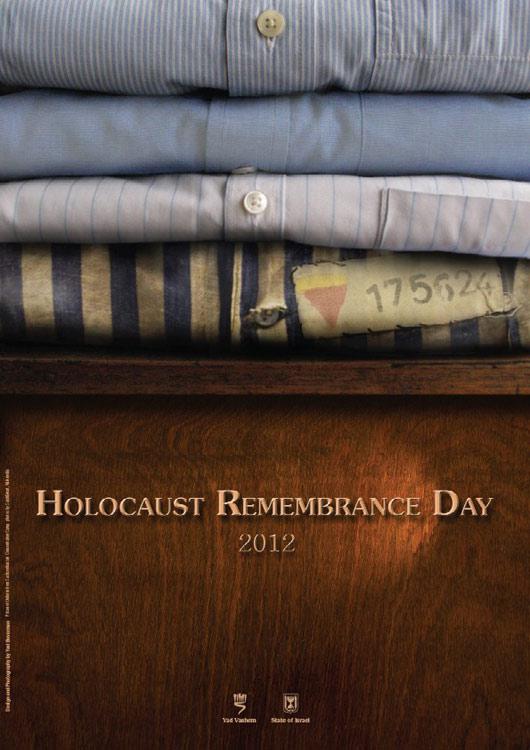
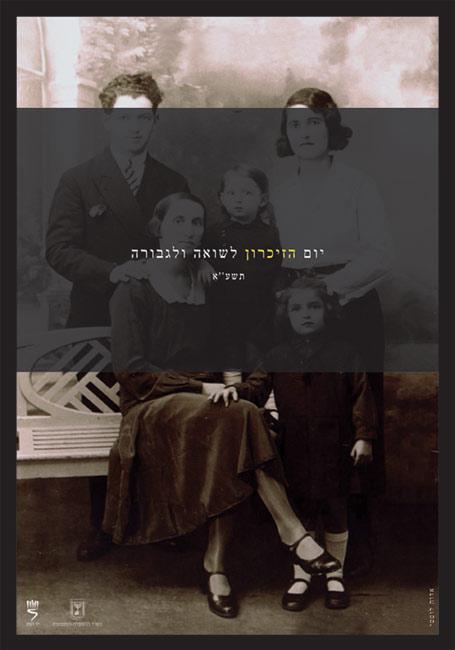
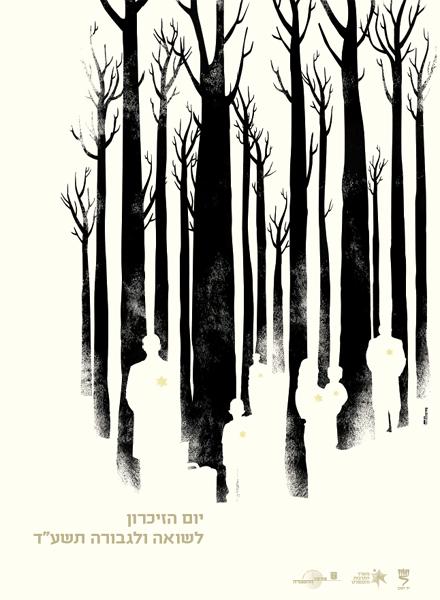
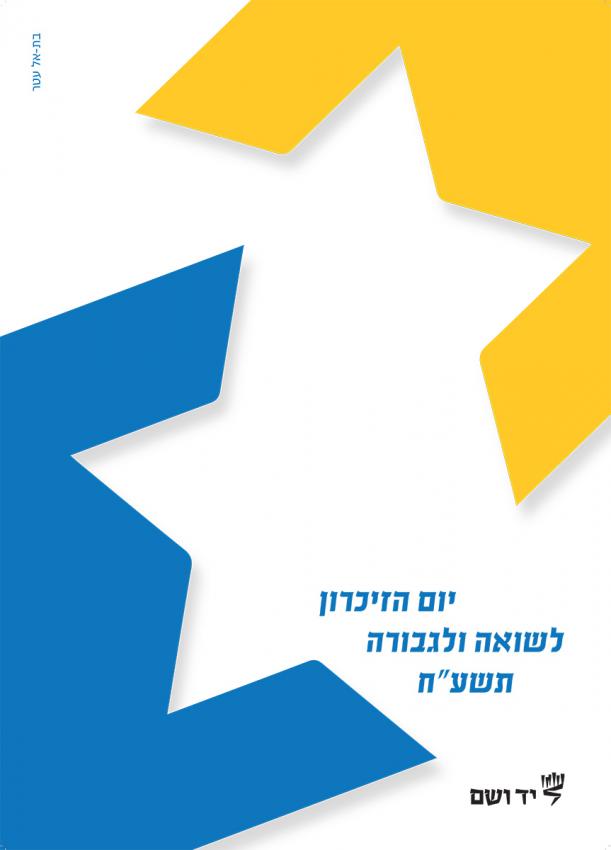
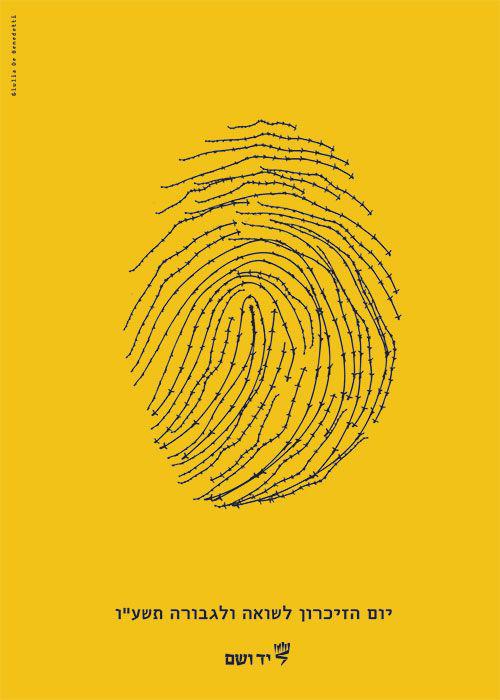
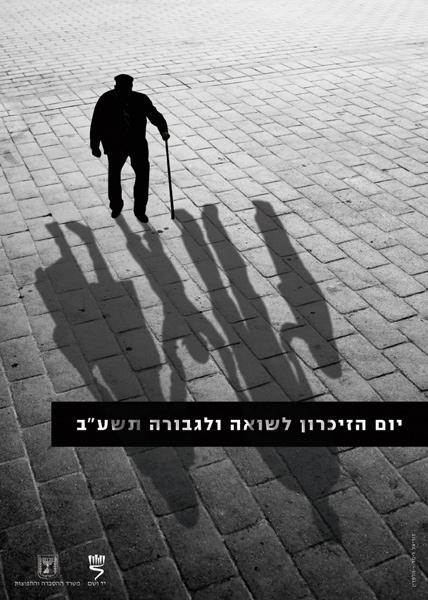
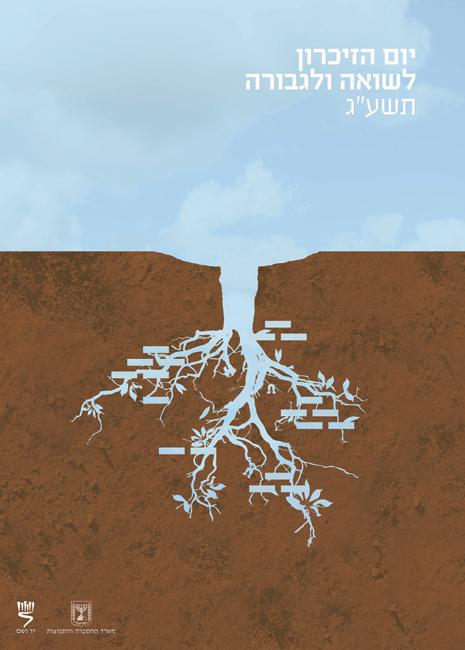
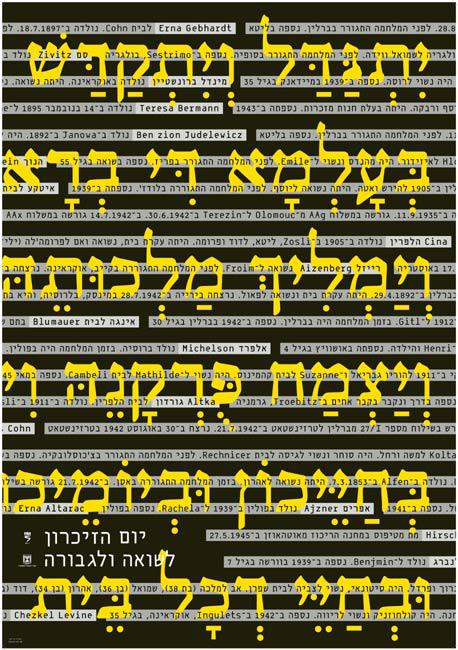
_12.jpg?itok=VbkulVqI)


